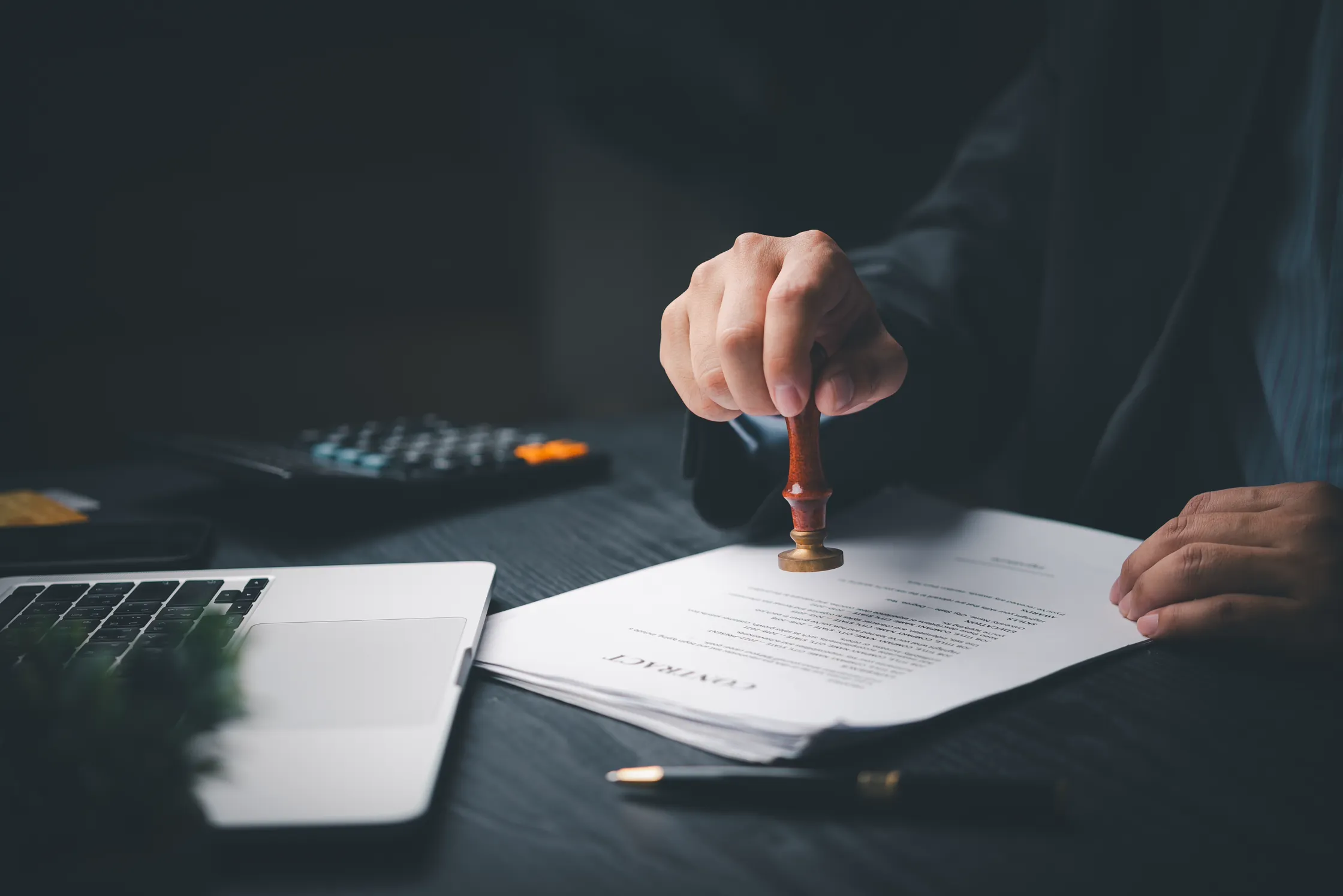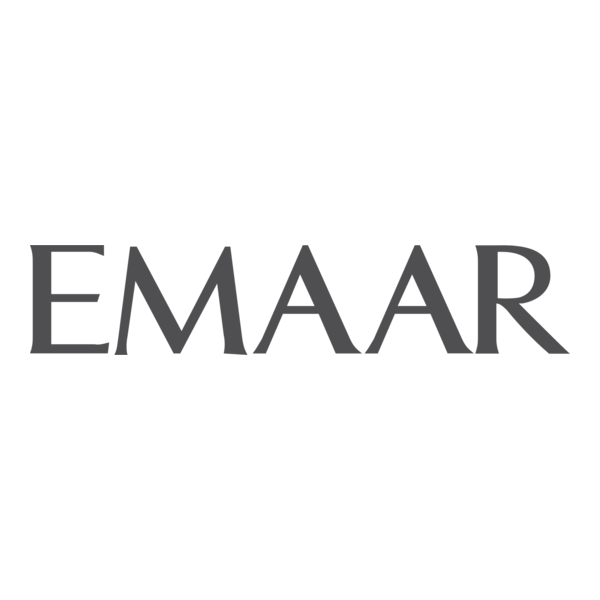Buying Property Dubai (2025 Legal Guide & Investor Steps)

Understanding Dubai's Real Estate Authorities
The Dubai Land Department (DLD) manages the entire legal framework for real estate transactions. It is the primary government body for registering sales, leases, and mortgages. RERA, a key division of the DLD, works alongside it. RERA establishes regulations, licenses professionals, and ensures market transparency. These authorities create a secure and systematic legal structure, crucial for successful Dubai property investment in 2025.
The First Step: The Agreement of Sale (MOU)
After choosing your ideal residence, the initial formal step involves signing an Agreement of Sale, known as a Memorandum of Understanding (MOU) or Form F. This DLD-standardized document outlines the basic terms, signed by both buyer and seller with their agent present. Typically, the buyer pays a security deposit, held by the agent until the transfer. This MOU specifies unit details, the agreed purchase price, and party responsibilities. For those considering a mortgage, securing pre-approval at this early stage is often advisable, streamlining the financial aspect of their Dubai property purchase.
The Core Contract: The Sale and Purchase Agreement (SPA)
The Sale and Purchase Agreement (SPA) stands as the most vital legal document in your buying property Dubai journey. This legally binding contract meticulously details every aspect of the sale, safeguarding both buyer and seller interests. Unlike the initial MOU, the comprehensive SPA requires drafting or review by a qualified legal expert or reputable real estate agent, ensuring full compliance with Dubai's stringent laws.
What key components should the SPA include
A well-drafted SPA leaves no room for ambiguity. It must contain several crucial elements to be legally enforceable and to prevent future disputes.
- Buyer and Seller Information: Full names, identification details, and contact information for both parties.
- Property Details: The full address, size, type, and specifications of the property, including any included fixtures or fittings.
- Purchase Price and Payment Terms: The total agreed price and a clear payment plan, including the deposit amount and deadlines for subsequent payments.
- Conditions of Sale: Any clauses that must be fulfilled before the transaction is finalized, such as obtaining mortgage approval or satisfactory property inspections.
- Breach of Contract Clauses: The penalties and remedies available to either party if the other defaults on the agreement.
- Governing Law: A confirmation that the laws of Dubai govern the agreement and that Dubai's courts have jurisdiction in case of any disputes.
Obtaining the No-Objection Certificate (NOC)
Before official ownership transfer, the seller must secure a No-Objection Certificate (NOC) from the master developer. This mandatory document confirms the developer has no objection to the sale in 2025. The NOC verifies all service charges and property fees are paid, with no outstanding disputes. The process includes a final developer inspection and an NOC fee, typically AED 500 to AED 5,000. This crucial step clears any financial liabilities, enabling the legal transfer.
Finalising the Purchase: The Property Transfer
The final step, the official ownership transfer, occurs at a DLD-approved Registration Trustee's office. Both buyer and seller, or their legal representatives, must attend. On the agreed transfer date, all parties sign remaining documents and finalize financial transactions. The buyer typically makes the final payment via manager's cheque. Besides the unit price, buyers also cover several fees. These include DLD fees (4% of purchase price) and specific registration fees (e.g., AED 4,000 + 5% VAT for properties over AED 500,000). If a mortgage is involved, a 0.25% mortgage registration fee applies to the loan amount. After all payments are confirmed and paperwork is in order, the Trustee processes the transaction. The DLD then issues the new Title Deed, officially certifying the buyer's ownership of the property.
What key documents are mandatory for a buyer
To ensure a smooth transaction, the buyer must have several documents ready. These are required to verify identity and finalise the purchase with the Dubai Land Department.
The essential documents for a buyer are:
- Passport and Emirates ID (for residents).
- Proof of address, such as a utility bill.
- The signed Sale and Purchase Agreement (SPA).
- A No-Objection Certificate (NOC) from the developer.
- Receipts or other proof of payment to the seller.
- Mortgage approval letter from the bank, if applicable.
Is hiring a conveyancer necessary
While not legally mandatory, engaging a property conveyancer is highly recommended, especially for first-time buyers or overseas Dubai property investment. A conveyancer manages the entire legal transfer, from drafting contracts to complex administrative and financial tasks. They ensure correct filing, meet all legal requirements, and protect your interests. Fees typically range from AED 6,000 to AED 10,000, offering invaluable peace of mind for your purchase.
Get Your Free Dubai Investment Guide
What's Inside:
- ✓8+1 reasons international investors buy in Dubai
- ✓Market overview – the numbers you must know before investing
- ✓Off-plan vs Ready – what are the advantages?
- ✓Top 6 emerging locations for off-plan investment
- ✓Golden Visa – frequently asked questions answered
Your information is private. We never spam.







